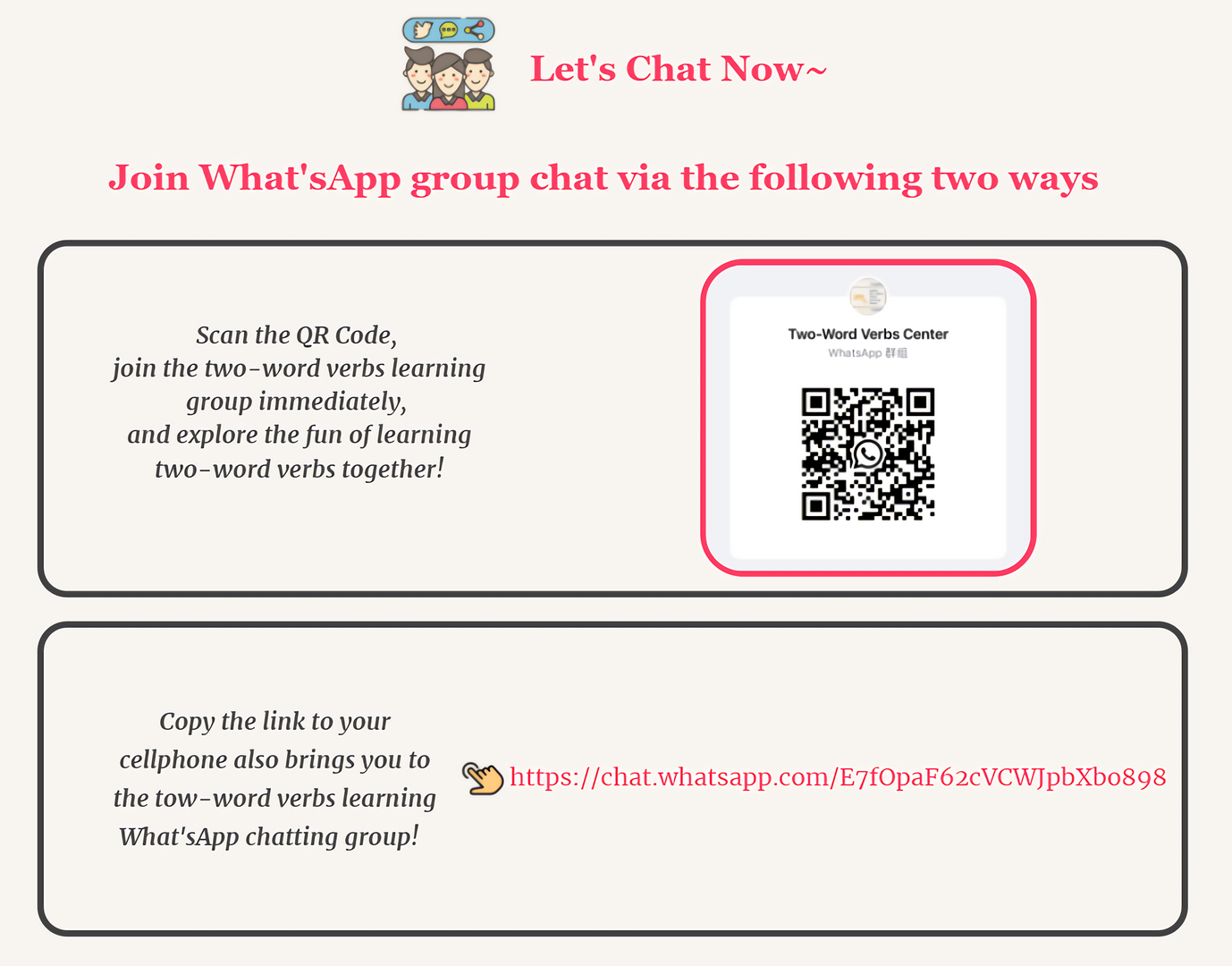Lydia is an international student whose country of origin is China. She is a second-year graduate student in the TESOL MA program at the University of San Francisco. She is passionate about language learning and teaching, interacting with others as well. Her dream is to establish a language and culture center in China to facilitate English learners to study and communicate together. In her spare time, she likes to play the piano while singing, go out with friends, and spend time with her family.

Bernard D. Seal (1991) brought about the idea of the Three C’s Approach in teaching vocabulary, and Celce-Murcia highly recommended teachers and practitioners who teach vocabulary apply this approach in class.
The Three C’s Approach comprises three stages: convey meaning, check understanding, and consolidation to make the word understood comprehensively (Celce-Murcia,1991). In the stage of conveying meaning, teachers present the notion of the term to students through definition, images, realia, and examples; in the stage of checking understanding, teachers put the term into meaningful context or exercises to check students’ comprehension; and in the stage of consolidation, teachers promote students’ understanding of the term through application and communicative activities.
In the conveying meaning stage, the meanings of new words should be presented clearly to the learners by various methods, such as visual aids, definition, context clues, and pictorial schemata.
Exercises and tests can be used to check how much learners have comprehended the meanings of two-word verbs during the checking meaning stage, such as filling in blank, multiple choice, matching pairs, and sorting exercises.
The final step is to deepen learners’ understanding of the meanings of the two-word verbs. It is better to associate the phrasal verbs with l
earners' personal experiences and use them in conversations in real-life scenarios. A variety of activities and games could be employed in this stage, such as vocabulary games, story/dialogue writing, and role-play.

